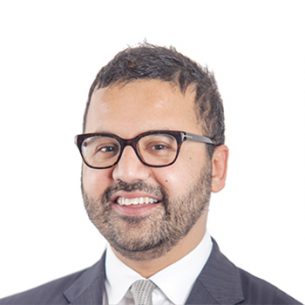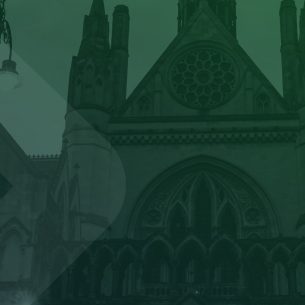Six years since they were first introduced, Partner Amjid Jabbar argues that Unexplained Wealth Orders have yet to prove themselves to be the “silver bullet” in the fight against financial crime they were initially heralded as.
Amjid’s article was published in The Times, 5 September 2024, and can be found here.
After being introduced under the Criminal Finance Act 2017, Unexplained Wealth Orders (UWOs) recently achieved a long awaited, high-profile success. Zamira Hajiyeva, who was subject to the UK’s first-ever UWO, agreed to forfeit a Berkshire golf club and a £14m Knightsbridge house, following a six-year National Crime Agency investigation. According to the NCA, the assets were obtained as a “direct result of large-scale fraud and embezzlement, false accounting and money laundering”.
Over a decade, Zamira had spent £16m at Harrods while her ex-husband, Jahangir, former chairman of the state-controlled International Bank of Azerbaijan from 2001 to 2015, is currently serving a 16-year jail sentence for fraud and embezzlement. Details of Zamira’s extravagant lifestyle inevitably made good fodder for the tabloids. But in the fight against large scale fraud and money laundering, UWOs have yet to prove themselves to be the silver bullet as they were initially envisaged.
Conservative politicians had enthused that UWOs would help rid the UK of the corrupt billions invested in the property market, lauding them as a tool to prevent dirty money from entering the country. Notably, as prime minister, Boris Johnson suggested that UWOs could be used to target Russian oligarchs living in London.
But rather like the former government’s now aborted Rwanda asylum plan to diminish and deter the number of migrants crossing the English channel, the rhetoric was not matched by the substance. Over a six and a half-year period, UWOs have gone one better: according to the most recent published data from the government, UWOs have been applied for and obtained against five individuals. Four were applied for in 2018-19 and one in the most recent 12-month reporting period.
Although The Serious Fraud Office, HM Revenue & Customs, the Financial Conduct Authority and the Crown Prosecution Service also have authority to use UWOs, the NCA is the only agency to have secured them. The application of a UWO is invariably narrow and specific. Often costly and difficult to deploy, as the Hajiyeva investigation demonstrated, UWOs can be served on two categories of respondent: Politically Exposed Persons, as defined by the 2017 Act, and Persons reasonably suspected of involvement in, or of being connected with persons involved in, serious crime.
Notwithstanding the NCA’s welcome success in the Hajiyeva case, a track record of five UWOs in six years is, at best, underwhelming, and arguably, unsatisfactory. It therefore remains to be seen whether the substance of UWOs can finally live up to the initial hype or, whether in fact, they are a costly flash in the pan for the NCA, and ultimately for UK taxpayers.





